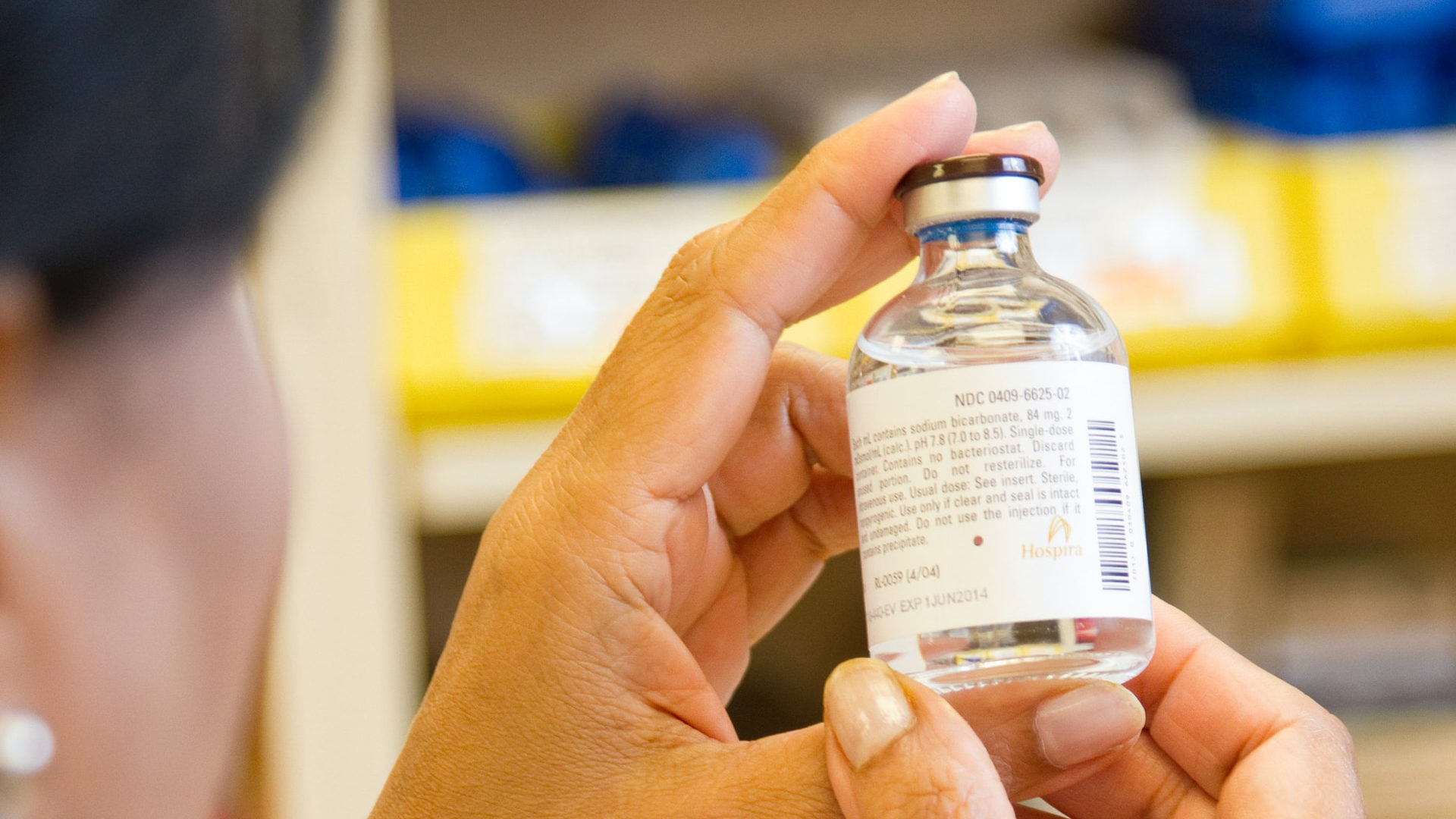UPC
A new Unitary Patent and Unified Patent Court – Are you UPC Ready? A Guide for Licensees
February 2023
The Unified Patent Court (UPC) and a new “unitary patent” or “European patent with unitary effect” (UP) are likely to become a reality by the end of Q2 2023 and will represent a significant change to our European patenting landscape.
If you or your company licenses European Patents (EPs) the new system could well have implications for you, however, the choices that have to be made may (to a large extent) be outside of your full control. It is therefore important you now look carefully at your contracts and, if necessary, initiate contact with your licensor.
Contractually, the 3 key themes to be alert to are: how opt-outs can be made and who needs to be involved; the impact of the new system on litigation and your rights of involvement; and, how a patent with unitary effect can be applied for.
Looking to what your contracts say becomes important – not only for existing contracts but also when drafting the provisions in forward facing contracts too.
Let’s start with the opt-out.
How do you opt-out?
If you expect or want your licensed EPs to be opted-out of the UPC there are certain formalities and deadlines to be aware of to ensure any opt-out will be valid and timely.
The sunrise period and transitional phase
As shown in the UPC timeframe, we are now in the provisional phase and on count down to when the UPC will go live – but this ‘go-live’ date is currently fluid and will be dictated from when Germany ratifies the UP Agreement. Once Germany ratifies, a 3 month ‘sunrise period’ will start before the UPC goes live.
The purpose of this sunrise period is to provide patent owners with a head start to file opt-outs before the UPC goes live at which point an action could be brought against a patent, locking it into the new UPC system.
Opt-outs can be filed from start of a “sunrise period” until the end of the transitional period (currently 7 years but possibly more).
Who can file an opt-out?
In addition to timing – thinking about who can actually file the opt out is important. The position is as follows:
- Only the patent proprietor can file an opt-out application – this is likely to be your licensor or for sub-licensed EPs, the head licensor
- the proprietor is defined as “the person entitled to be registered as proprietor, whether or not such person is in fact recorded in the register of patents maintained in such Contracting Member State”
- this means you cannot rely simply on the “registered proprietor on the relevant register” e.g., this will not pick up where an assignment has not been filed with national office and in fact the entitled proprietor is therefore different – your licensor may need to make certain checks to make sure they are indeed the entitled proprietor which could take time
- If there is more than one proprietor (e.g., the patent is co-owned or the national patents have been assigned to different companies), all of the proprietors must apply for the opt-out together – again, your licensor may need some time to ensure all proprietors have been contacted and are involved
- if any SPCs have been granted, in addition to all proprietors of the patent all holders of SPCs must file the opt-out too
Already you can probably see where potential problems may arise.
What can we do as a licensee?
In short, as a licensee you will not be able to unilaterally opt-out your licensed EPs. If you are keen for your licensed EPs to be opted out of the new system you will need to check your contractual rights and initiate contact with your licensor to discuss their plans. Don’t forget, a licensor may not have considered or even heard about the new system and the implications so could welcome your prompt!
It is quite possible there will be provisions in any licensing contract to oblige licensors to involve their licensees in key patenting decisions but even if this is not the case it would be entirely reasonable for a licensee to request a discussion. The Intellectual Property and/or patent prosecution/maintenance provisions in your licensing contract would be the first place to look for coverage although UPC planning could also be added to any steering committee or other governance meeting agenda if available.
Contractually, it is far less likely any licensee would have the final say or be able to enforce their licensor to take all the relevant steps (including due diligence) to ensure a valid and timely opt out although it is still worth looking at the contract to see if the licensor has offered any similar assurances or obligations. Assuming the licence contract is lacking or missing this detail, the best option for any licensee would be to raise the issue as an important and urgent concern and agree the steps required with the Licensor, documenting the agreed steps/time frames as a variation to the existing licence (if possible).
What are the litigation implications of the UPC for a licensee?
Well, the answer is different depending on whether you are an exclusive or non-exclusive licensee. In the absence of an explicit agreement to the contrary, an exclusive licensee to a EP has the same right as the proprietor to bring proceedings in respect of any infringement of the patent committed after the date of the licence. Non-exclusive licensees do not, however, have the authority to make any decisions about the UPC unless it has been expressly agreed otherwise. This may have a number of implications for any licensee, not only on how any UPC strategy is applied but also on how the associated costs are shared or covered.
Licensors with exclusive licensees may be keen to consider whether they are comfortable with the scope of rights their exclusive licensees have especially in light of the risk that the initiation of UPC litigation could result in an EU-wide injunction/revocation. If you are an exclusive licensee, check whether your scope of rights have been contractually watered down in any way. If they have not, it may not be a surprise to have your licensor requesting some variation on terms. Equally, if you are a non-exclusive licensee you may be keen to negotiate additional rights of involvement by way of a side letter or otherwise.
Unitary Patents – can licensees decide whether its licensed patents should be applied to have unitary effect?
Again, the short answer is probably not and any existing licensing terms are unlikely to anticipate this. If, as a licensee, you would be keen to have a level of control over these decisions and assurance that your licensor would undertake the processes required – it will be advisable to discuss and agree additional terms by way of a side letter or otherwise.
Summary
Currently, very few existing licence agreements will have been drafted to anticipate the impact of the UPC or the decisions and required actions to file an application to opt-out or to subsequently withdraw that opt-out. Whilst additional UPC/UP specific terms can be negotiated and agreed via side letters or licence variations – going forward, the impact of the UPC should be addressed in all licensing contracts and included
By way of example, licensees may want to introduce provisions to ensure they have influence over:
-
- whether any or all of the patents it licences has unitary effect;
- whether patents should be opted out;
- who ought to file, submit and pay for any opt out;
- which applicant should be first named (as it may influence applicable law);
- litigation directed to the unitary patent; and
- the overall implementation of the UPC strategy.
Where there might be any complexity or issues around the ownership and/or decision-making about the opt-out and the UPC, now is the time HGF can help licensee clients to consider these issues to give time to review all necessary agreements, to get the right parties involved and draft any new agreements required.































